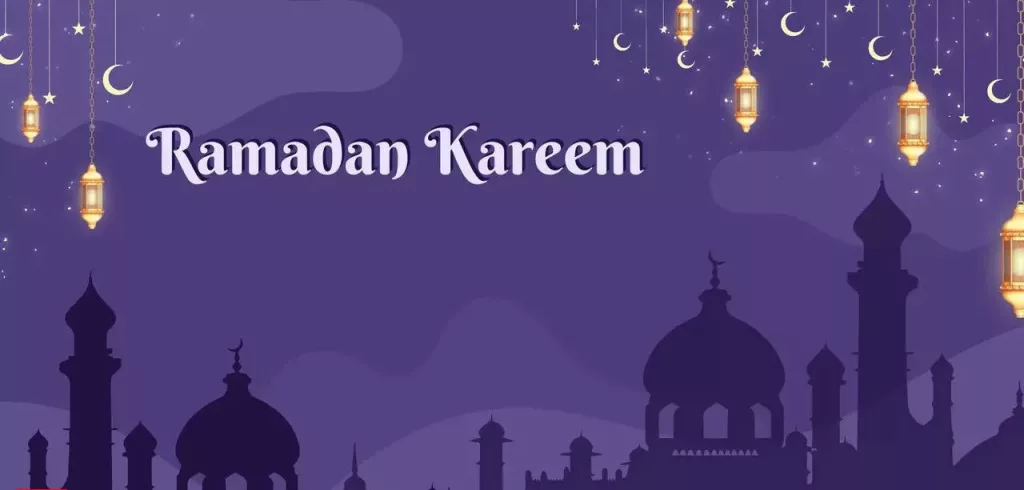Ramadan is considered one of the holiest months of the year for Muslims. In Ramadan, Muslims commemorate the revelation of the Qur’an, and fast from food and drink during the sunlit hours as a means of drawing closer to God and cultivating self-control, gratitude, and compassion for those less fortunate. Ramadan is a month of intense spiritual rejuvenation with a heightened focus on devotion, during which Muslims spend extra time reading the Qur’an and performing special prayers. Those unable to fast, such as pregnant or nursing women, the sick, or elderly people & children, are exempt from fasting.
It is the act of fasting allows the individual to understand the pain and suffering of millions around the world who live their lives in poverty and famine, leaving the participant feeling more grounded and grateful for all that Allah (SWT) has given them. At the close of the month, Zakat donations during Ramadan are made and then Eid al-Fitr is celebrated with loved ones. Eid is a great time of feasting and celebration for Muslims, with gifts exchanged between loved ones.
Fasting during Ramadan is one of the Five Pillars of Islam. It was ordered in the Qur’an and is expected that all able Muslims (those who are mature and in good health) should fast from sunrise to sunset during the month of Ramadan.
FIVE PILLARS OF ISLAM:
The Five Pillars of Islam are the five core practices that all Muslims should follow. They are:
Shahadah – the reciting and profession of the Islamic faith.
Salah – five daily prayers and performing ritual cleansing or wudu.
Zakat – giving to charity based on one’s wealth to help those less fortunate. Donations during Ramadan often hold much greater reward for the donor.
Sawm – the process of fasting during the month of Ramadan. There are exceptions as to who can take part in fasting, but it is expected if you are of good health and sound mind.
Hajj – the pilgrimage to Mecca, which every able-bodied Muslim must do at least once in their lifetime.
During this time, fasting is more than just abstinence; it is a means of worship and for Muslims to feel a closer and deeper connection with Allah (SWT). Fasting allows each individual to understand what it means to go without and to learn patience with oneself and those around them, as well as compassion for those less fortunate.
A Muslim family usually rises before dawn and eats a modest, breakfast-like meal called suhur. After the meal, the family performs the morning prayer, and depending on the circumstances, goes back to bed or begins the day. Particularly during the long summer months, people often take a nap in the late afternoon after work or school. At sunset, family members break the fast with a few dates and water, and depending on the culture, other light foods such as soup, appetizers or fruit. This is referred to as iftar which means “breaking the fast.” After performing the sunset prayers, the family eats dinner. Inviting guests to break the fast or going to someone else’s house for iftar is very common in Ramadan. Many families then go to the mosque for the night prayer and a special Ramadan prayer called Taraweeh. After completing their prayers, families return home often quite late in the evening depending on the time of year. All of these times vary depending on the time of year, with shorter days in the winter and longer days in the summer.
Doctors also agree that fasting is extremely beneficial for lowering cholesterol levels and for other health benefits. Fasting is a means of purifying the body as well as the spirit, as it gives the body a rest from the continuous task of digesting food.

